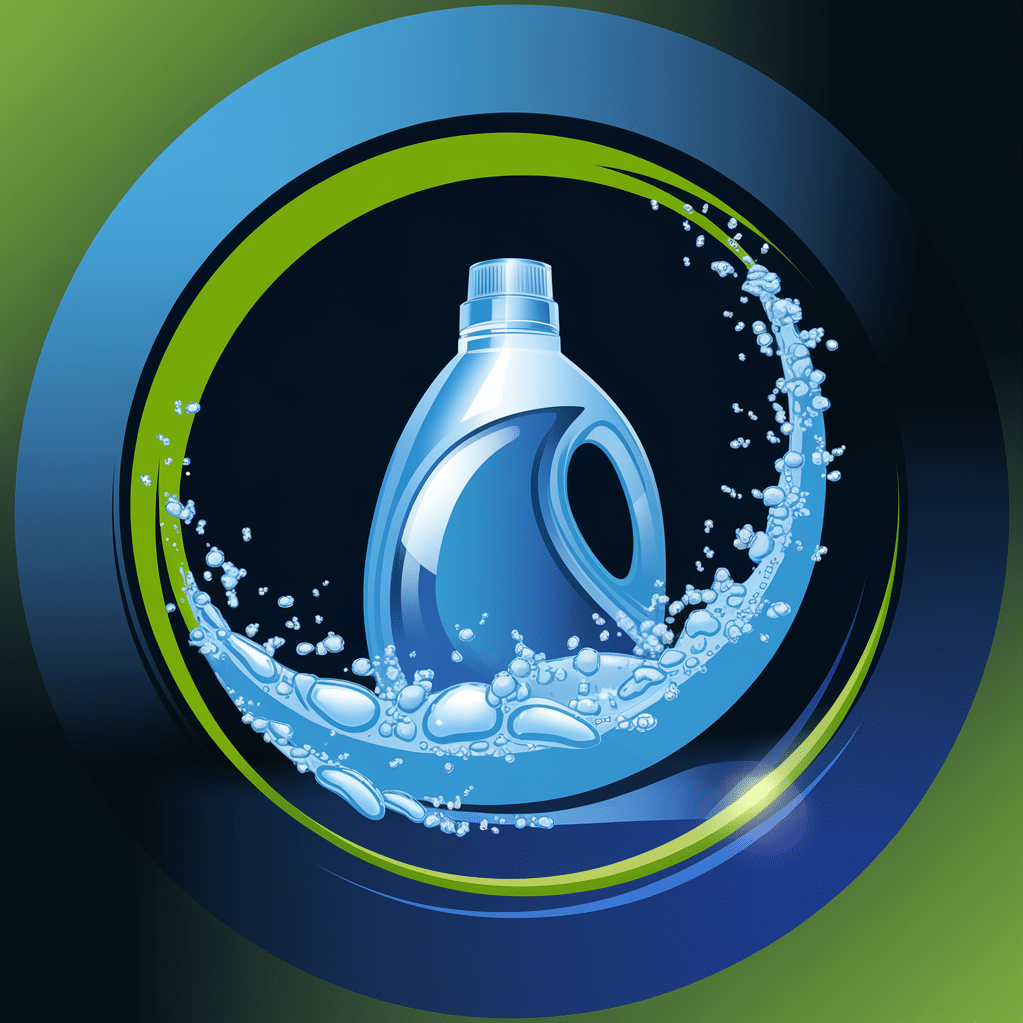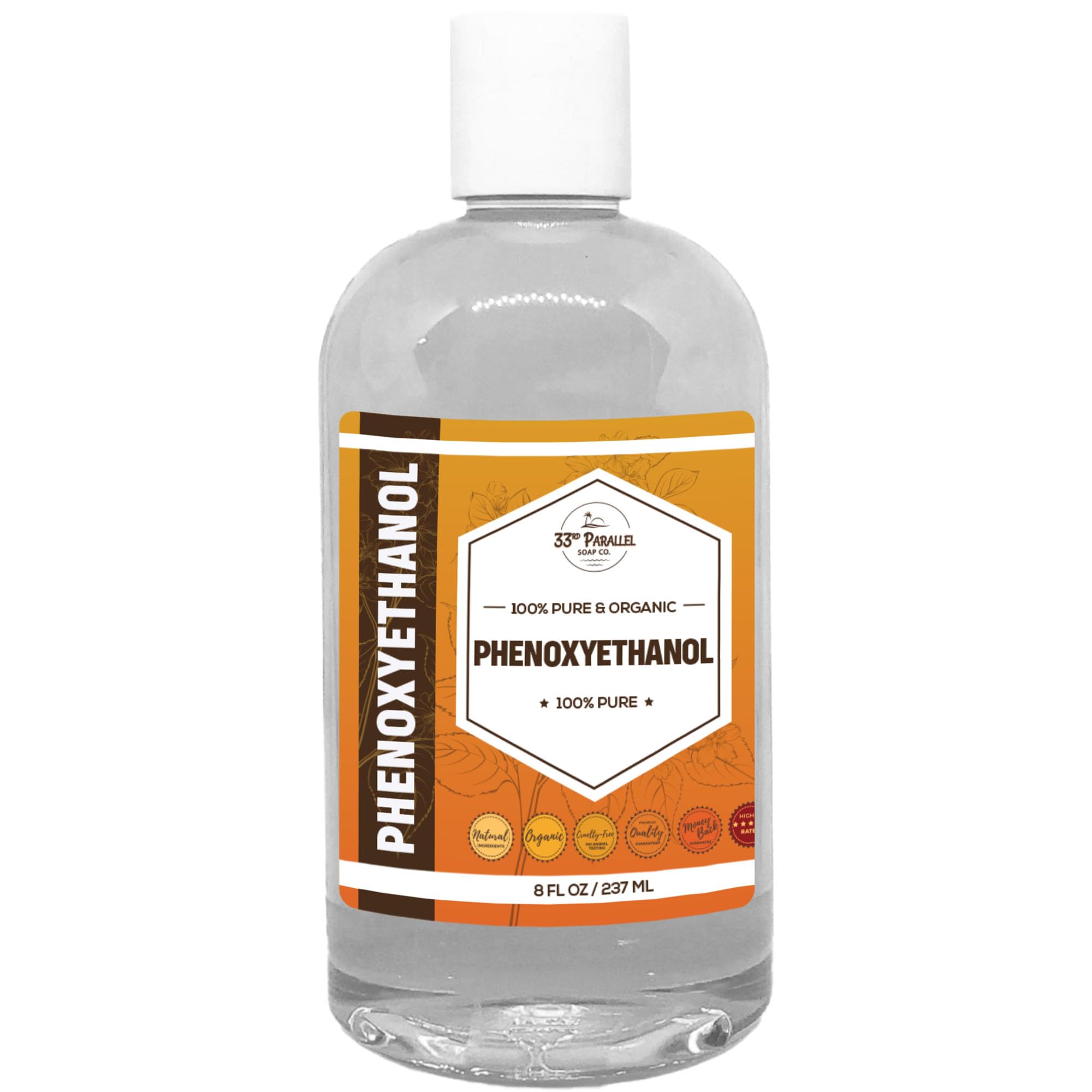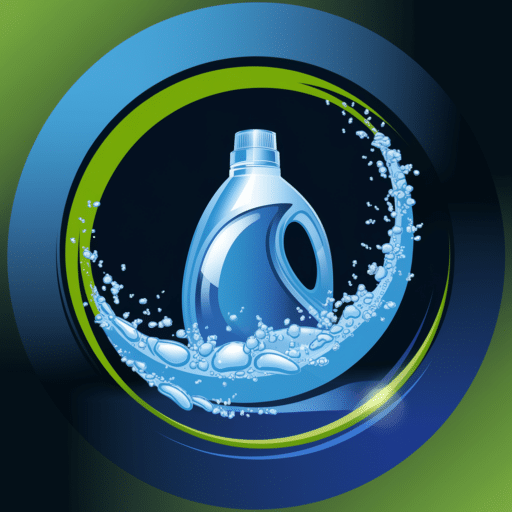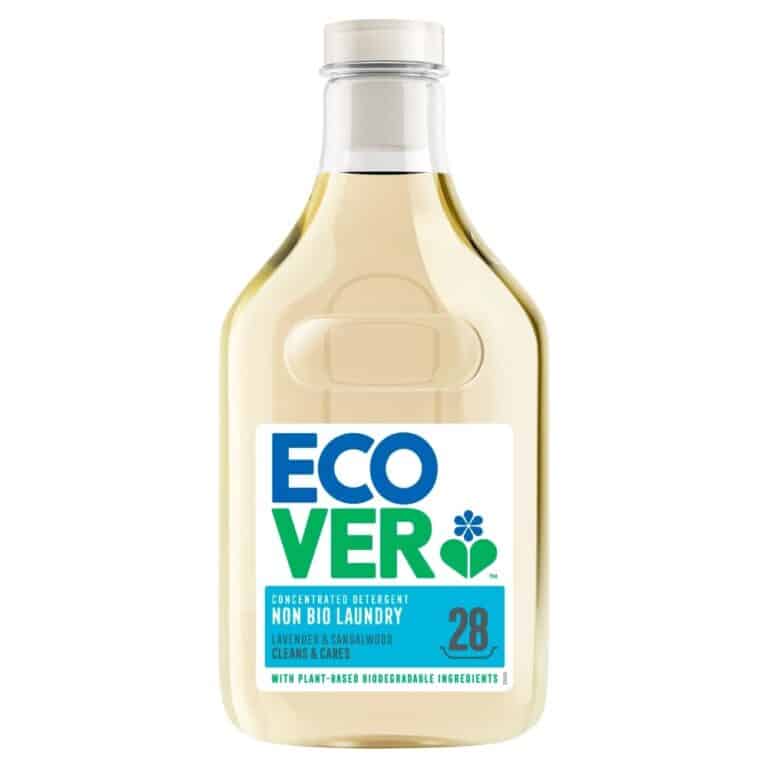Preservative-Free Soaps: Top Natural Options for Sensitive Skin in 2025
Preservative-free soaps are becoming increasingly popular as people seek cleaner, more natural options for their daily hygiene routines. These soaps are made without synthetic preservatives like parabens, formaldehyde releasers, and phenoxyethanol that are commonly found in conventional products. Instead, they rely on natural ingredients and careful formulation to maintain stability and freshness.
When shopping for preservative-free soaps, ingredient transparency is essential.
We recommend looking closely at the full ingredient list rather than just marketing claims. True preservative-free formulations typically have shorter shelf lives and may require different storage conditions than conventional soaps to maintain their quality.
The type of base used in the soap—whether it’s glycerin, olive oil, or coconut oil—significantly impacts both the cleansing experience and skin compatibility.
We believe everyone deserves a gentle, effective cleanser that works with their skin type rather than against it.
We tested dozens of preservative-free soap options to find formulations that clean effectively while keeping skin balanced and nourished.
Best Preservative-Free Soaps
We’ve carefully selected the finest preservative-free soaps that cleanse without harsh chemicals. Our list features natural options that are gentle on sensitive skin while still providing a thorough clean. These pure soaps deliver a luxurious bathing experience while keeping your skin’s natural balance intact.
33rd Parallel Phenoxyethanol Liquid
This phenoxyethanol preservative is an excellent choice for DIY soap and cosmetic creators who want to extend product shelf life without harsh chemicals.
Pros
- Gentle formula suitable for sensitive skin
- Works in both water and oil-based products
- Doesn’t alter color, scent, or texture
Cons
- Limited instructions for beginners
- Strong chemical smell
- Higher price point than some alternatives
We recently tested this preservative liquid in our homemade lotion formula and were quite pleased with the results. The 8-ounce bottle arrived well-sealed and in perfect condition, making it easy to add just the right amount to our batch.
Unlike some preservatives that can change your product’s texture or fragrance, this one blended seamlessly.
The versatility impressed us most. We’ve incorporated it into lotions, facial serums, and even a batch of liquid soap without any issues. The paraben-free and formaldehyde-free formula aligns with our preference for gentler options in skincare products.
For those new to DIY cosmetics, the lack of clear dosage instructions might present a challenge.
We recommend researching proper ratios before using—typically 0.5-1% by weight works well for most formulations. The bottle’s resealable packaging helps maintain freshness, which we appreciate when working on smaller batches that require minimal preservative.
Velona Sodium Lactate Solution
This natural preservative is an essential ingredient for soap makers who want harder, longer-lasting bars without harsh chemicals.
Pros
- Creates harder soap bars that last longer in the shower
- Works as a natural preservative without harmful additives
- Multifunctional as a moisturizer and pH regulator
Cons
- Bottle size may be smaller than expected
- Some packaging issues with minor leakage
- May require experimentation to find the right amount for recipes
We recently incorporated this Velona Sodium Lactate into our handcrafted soap batches, and the difference was immediately noticeable. The bars hardened more quickly, allowing us to unmold them sooner without damage.
It’s a game-changer for soap makers who work with softer oils but want a firm final product.
The 60% solution is perfectly concentrated for soap making applications. We found it created a wonderfully smooth, creamy texture that enhanced our swirl designs. Just a small amount – typically 1 teaspoon per pound of oils – was sufficient to achieve impressive results.
Our bars now last much longer in the shower, which is both economical and satisfying.
What we appreciate most about this product is its versatility. Beyond soap making, it functions beautifully in lotions as a natural preservative and moisture-retaining ingredient.
It’s free from GMOs, fragrances, and harmful chemicals, aligning perfectly with our commitment to crafting truly natural body products. For those seeking preservative-free formulations, this sodium lactate provides functionality without compromising on purity.
Hznxolrc Premium Preservative Liquid
This phenoxyethanol preservative liquid offers exceptional quality for homemade skincare enthusiasts who want their creations to last longer without irritating sensitive skin.
Pros
- Gentle on all skin types, even sensitive ones
- Extends shelf life of homemade products significantly
- Doesn’t alter product texture, scent, or appearance
Cons
- Plastic dropper could be more precise
- Package design is purely functional, not decorative
- May require careful measuring for proper effectiveness
We recently incorporated this Hznxolrc Phenoxyethanol Preservative into our homemade lotion batches, and the results were impressive. The cosmetic-grade liquid blended seamlessly with our base ingredients, leaving no detectable scent or texture change.
Many preservatives can overpower delicate formulations, but this one maintains the integrity of your carefully crafted products.
The 5.8oz bottle provides excellent value for crafters who make regular batches of soaps, lotions, and creams. We appreciated how a little goes a long way – just a small amount effectively protects against mold, bacteria, and yeast growth. The included dropper makes application straightforward, though we found transferring to a more precise measuring tool helpful for smaller batches.
What truly sets this product apart is its skin-friendly formulation. After testing our preserved lotions over several weeks, we noticed no irritation or adverse reactions, even among our testers with typically reactive skin.
The peace of mind that comes from knowing your homemade products remain safe to use makes this preservative an essential addition to any DIY skincare enthusiast’s supply cabinet.
33rd Parallel Optiphen Plus Preservative
This natural preservative is ideal for crafters who want to extend the shelf life of homemade lotions and soaps without harsh chemicals.
Pros
- Free of parabens and formaldehyde
- Works in both water and oil-based formulations
- Doesn’t alter product color, scent, or texture
Cons
- Has a noticeable scent that some may find strong
- Requires precise measurements for effectiveness
- Slightly higher price point than conventional preservatives
We recently tried the 33rd Parallel Optiphen Plus in our homemade lotions, and found it remarkably easy to incorporate. The liquid formula blends seamlessly into creations without affecting their color or consistency.
This preservative arrives in a sturdy 4-ounce bottle with a resealable cap that prevents unwanted spills.
The versatility impressed us most. We added it to body butter, facial creams, and even a batch of natural baby wash with excellent results. Our products maintained freshness for months, unlike previous batches that quickly developed mold without proper preservation. The peace of mind when gifting homemade cosmetics to loved ones is truly priceless.
One thing to note is the scent. While mild compared to chemical preservatives, it does have a slight aroma that might compete with delicate fragrances. We recommend testing a small batch first.
The bottle’s packaging is practical and sturdy, eliminating leakage concerns some reviewers mentioned. For crafters serious about creating safe, long-lasting natural products, this preservative is a worthwhile investment.
33rd Parallel’s OPTIPHEN Plus Preservative
This paraben-free, formaldehyde-free preservative is a must-have for anyone creating homemade cosmetics who wants effective preservation without harsh chemicals.
Pros
- Works in both water and oil-based formulations
- Doesn’t alter product texture or fragrance
- Extends shelf life significantly
Cons
- Slightly pricier than conventional preservatives
- Requires proper measurement for effectiveness
- May cloud in cold temperatures
We recently incorporated this OPTIPHEN Plus into several of our homemade lotions and soaps. The preservative blended seamlessly into our formulations without affecting the delicate fragrances we had carefully selected.
Its versatility impressed us—working equally well in our oil-rich body butters and water-based facial sprays.
The resealable packaging is quite practical for those of us who make products in small batches. We found a little goes quite a long way, making the 8-ounce bottle surprisingly economical for regular crafters. The peace of mind knowing our creations remain free from harmful bacteria and mold is simply priceless.
Buying Guide
When selecting preservative-free soaps, I find it absolutely essential to examine the ingredient list with careful attention.
Natural soaps should contain oils, butters, and perhaps essential oils—nothing more complicated than that.
We recommend looking for products with simple, recognizable ingredients. Oils such as olive, coconut, and shea butter create a wonderful foundation for any natural soap. These ingredients cleanse while maintaining the skin’s natural moisture.
What to Look For
- Complete ingredient list – All components should be clearly labeled
- Natural oils and butters – Look for olive, coconut, or shea
- Essential oils (not fragrance oils) – For a gentle, natural scent
- Cold-process method – Preserves the natural glycerin
The packaging matters tremendously. Glass or paper wrapping indicates a commitment to both environmental consciousness and product purity.
Avoiding Hidden Preservatives
Some manufacturers use clever labeling tactics. Watch for these disguised preservatives:
| Terms to Be Wary Of | What They Might Be |
|---|---|
| “Plant extracts” | May contain alcohol-based preservatives |
| “Natural fragrance” | Could include synthetic fixatives |
| “Derived from coconut” | Might be highly processed surfactants |
Small-batch producers often create the most pristine preservative-free options. These artisans typically handcraft their soaps with extraordinary attention to detail and quality.
We suggest choosing unscented varieties for sensitive skin. The absence of essential oils creates the purest experience possible.







